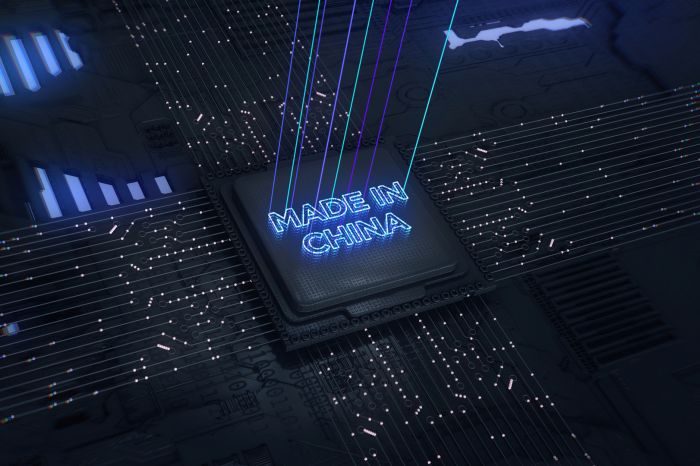The sanctions imposed by the United States on Chinese companies have contributed to this. The restrictions specifically affected electronics firms, which, when they could not buy US technology, increased their interest in domestic products. Chinese chipmakers, of course, like this situation, and so, according to Bloomberg data, 19 of the 20 fastest-growing chip companies over the past four quarters have come from China. Last year, there were only 8 Chinese companies in that top 20.
Chips will be the future and quite possibly China will dominate it
This industry plays an important role in virtually everything from defense to the advent of future technologies such as artificial intelligence and autonomous cars. In 2020, the United States began restricting sales of U.S. technology to companies such as Semiconductor Manufacturing International and Hangzhou Hikvision Digital Technology, partially limiting their growth.
On the other hand, more Chinese firms are now developing their chip manufacturing to a greater extent. To circumvent U.S. sanctions, China is expected to launch billions of dollars of investment in the sector through programs designed to support and fund the nation’s huge technology firms.
Read also: Ferrari on the road to electromobility
At the heart of China’s ambitions was a drive to break away from its geopolitical rival and import more than $430 billion worth of chipsets in 2021. Orders for chip-making equipment from abroad surged 58% last year, mainly as local factories expanded capacity, data provided by the industry association Semi showed. This has boosted local business, so that total sales of Chinese chip makers and designers rose 18% last year to a record of more than a trillion yuan, according to the China Semiconductor Industry Association.
Chinese chipmakers are also benefiting from persistent global chip shortages that are limiting production at the world’s largest automakers and consumer electronics makers. This is helping Chinese firms to reach international markets and, of course, to price their products to some extent in times of shortages.











Comments
Post has no comment yet.